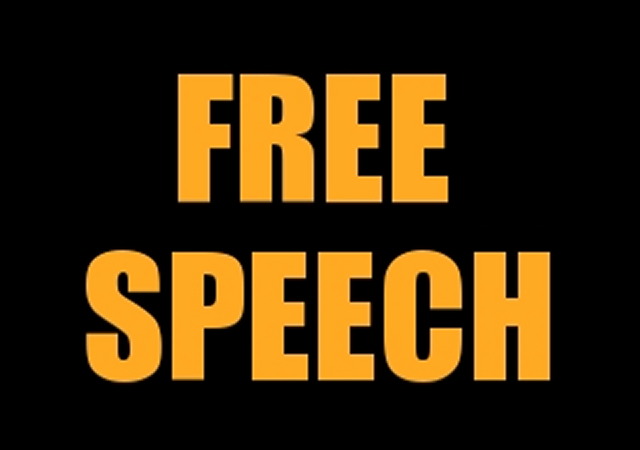Student Journalists Testify for Missouri Bill That Would Protect Them From Censorship
““This would be a huge symbolic victory nationwide”

This effort has apparently failed before despite the obvious benefit of such a measure.
The College Fix reported:
Student journalists testify for Missouri bill that would protect them from official censorship
The “New Voices” movement seeks to protect student media from official censorship in public schools by codifying their rights in state laws.
The effort has foundered twice before in Missouri, the setting for a 1988 Supreme Court decision that blessed censorship of K-12 student media and has also been used to censor college students.
Student journalists in the state testified this week at a House hearing on the latest iteration of the bill, which has twice “easily cleared the House but never got much momentum in the Senate,” The Kansas City Star reports.
It’s being sponsored by Kansas City Republican Rep. Kevin Corlew, who says the new version includes “additional protections for teachers and administrators” and specifies content that falls outside of protections, such as libel.
According to Mitch Eden, who advises student journalists at Kirkwood High School and testified for the Journalism Education Association, Missouri is “the island in the middle” of neighboring states that all protect First Amendment rights of students and advisers.
The state’s Hazelwood School District is responsible the Supreme Court Precedent, he said: “This would be a huge symbolic victory nationwide if Missouri can topple Hazelwood.” The case turned on a principal who censored school paper articles on teen pregnancy and divorce.
Donations tax deductible
to the full extent allowed by law.








Comments
Why should a government educational institution not be allowed to control its own publications the same way every newspaper’s owner controls it?
Because newspapers are private entities not controlled by the government. If a governmental unit tried to censor a private publication, the government would most likely lose, based on the 1st Amendment.
A government supported institution is guilty of violating the 1st Amendment if they try to censor that institution’s newspaper. The university administration IS the government in this case and the government can’t censor the media unless the media is breaking the law.
Under current law you are wrong. The institution can censor its own publications, because it has the right to control what it is saying. The government is the owner, and it too has the right of free speech, which includes not saying things it doesn’t want to say. This bill seeks to forbid that in Missouri, and I’m asking why. Why should a university not retain the same control over its own newspaper that any other owner has over his?
That isn’t what courts have been saying. Governmental censorship is censorship, no matter what the governmental institution is. The courts have been clearing up this gray area for a while. Just as they universities have lost their cases in trying to stop students from handing out printed material or speaking publicly on campus, more and more of them will lose the censorship battle. Their choice will either be allow unfettered legal publication or close the publication down.
Not true. Government has a clear right to control its own speech, and school newspapers are the school’s speech unless they’ve been explicitly established as public forums for student speech.